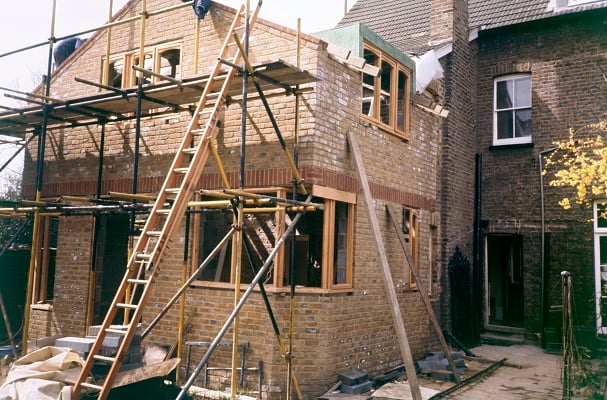Sourced Franchise, the UK’s leading property investment platform, has produced a guide to franchises that specialise in property development, how they work, and how much money new franchisees could expect to make.
What is a property development franchise?
A franchise is a business model in which a person can operate and manage their own business under an established brand name and business model. This person is known as a franchisee. The most famous example of a franchise in the world is probably McDonald’s.
A property development franchise is, therefore, a model under which a franchisee can invest into property with the aid of an established entity, utilising the broad business model that the parent brand has already proven can be successful.
The franchisee is able to run their own business without having to build it entirely from the ground up, meaning it’s much easier, faster, and cheaper to gain public trust and start generating good money.
Managing the day-to-day
While the parent franchise brand will usually dictate the overarching business model that a franchisee utilises, a huge benefit of being a franchisee is that they often have autonomy over the day-to-day running of the business, including but not limited to the hours they choose to work.
Other duties that a franchisee makes their own decisions on include researching new properties, scheduling meetings and viewings, communicating with customers, and business development – the process of marketing and advertising the business to gain new customers.
The benefits of working with a property franchise
The big benefits of operating a franchise are being your own boss, taking a good split of the profits generated, and enjoying the support and guidance of the parent brand.
Another benefit is that due to the well-established parent brand, set-up fees for a franchise are significantly lower than starting an entirely new business from scratch.
With Sourced, starting a franchise costs around £12,999 while starting a new business from scratch averages around £50,000.
The ongoing monthly cost of running a franchise is also significantly cheaper than going it completely alone; typically around £249 per month compared to £5,100 per month.
How much money could a property franchise make?
According to Sourced, a safe and solid expectation for a new property development franchise is that the business will trade on around 11 property deals in the first 12 months.
With an average profit of £3,000 per deal, this is a first year turnover of £33,000.
But then there is also the opportunity to add ‘flips’ to the pipeline – properties that are purchased and refurbished before being quickly sold on.
Flips bring an average profit of £25,000 per deal. At an achievable four flips in the first year, this is an additional income of £100,000.
The franchisee can also add conversion projects to their pipeline – bigger projects in which, for example, an old barn is transformed into a home and then sold.
Just one small conversion project can be expected to create a profit of £80,000 for the franchisee.
So, with 11 traditional deals, four flips, and one conversion, the franchise can make £213,000 in the first year.
Sourced Director, Chris Kirkwood said, “The ability to work to our own tune and increase our work life balance for the better is one pandemic influence that has remained of great importance today and this quest for freedom has led many to go and be their own boss in their respective industries.
But going it alone carries significant risk and that’s where franchises come into their own. They provide the earning potential, autonomy, and flexibility of self-employment combined with the ready-made brand awareness, marketing resources, and trust of a well-established business.
Particularly in the world of property development, that can seem a daunting one from the outside looking in, the ability to draw on decades of experience is often the differentiator that allows for success.”




Leave a Comment